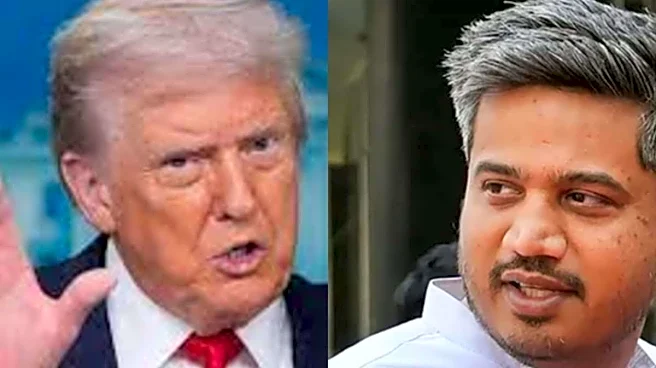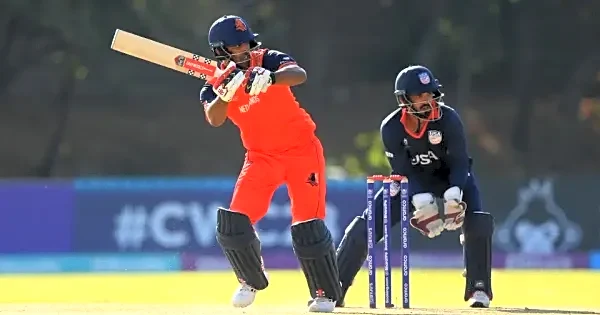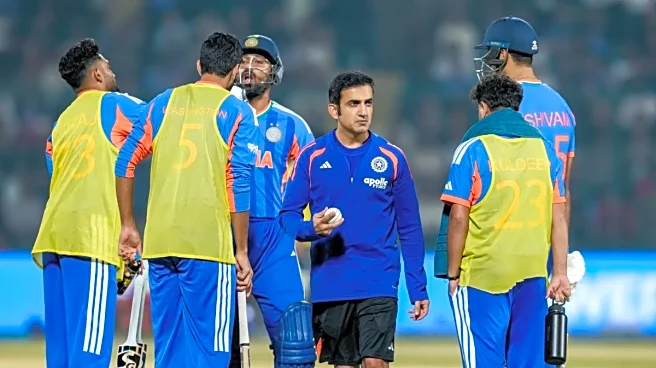An FIR has been registered against Nationalist Congress Party (Sharad Pawar faction) MLA Rohit Pawar at the South Region Cyber Police Station for allegedly creating a fake Aadhaar card in the name of US
President Donald Trump.
The complaint, lodged by a BJP social media coordinator, accuses Pawar of generating and circulating a forged Aadhaar card during a press conference earlier this month. The case has been registered under provisions of the Information Technology Act and relevant sections of the Indian Penal Code relating to forgery, identity theft, and dissemination of false information.
Fake Aadhaar Card
On 16 October, during a press briefing, Rohit Pawar had publicly demonstrated how fake Aadhaar cards could be created using an unauthorised website for as little as Rs 20. As part of the demonstration, Pawar displayed a sample Aadhaar card featuring Donald Trump’s name and photograph, linked to a residential address in Pawar’s constituency.
Pawar had claimed the exercise was meant to expose the ease with which fraudulent Aadhaar cards could be produced, warning that such loopholes could facilitate bogus voter registrations and identity misuse in Maharashtra’s electoral rolls.
Police investigation
Following the complaint, the cyber police registered the case against unidentified individuals involved in the design and dissemination of the fake Aadhaar card. Authorities said the act of creating and sharing forged identification documents online could undermine national data integrity and pose a security risk.
“The demonstration, even if done for illustrative purposes, involves the use of forged government documents, which is a punishable offence,” a senior police officer said on condition of anonymity.
BJP spokesperson Navnath Ban stated that the complaint, a case has been filed against Rohit Pawar, the creator and user of the website, its owner, and other individuals involved. They have been accused of actions that pose a threat to social security.
The charges were registered under Sections 336(2), 336(3), 336(4), 337, 353(1)(B), 353(1)(C), and 353(2) of the Indian Penal Code, as well as Section 66(C) of the Information Technology Act, he added.





/images/ppid_a911dc6a-image-177092774715746114.webp)

/images/ppid_a911dc6a-image-177092767520012684.webp)
/images/ppid_a911dc6a-image-177092763347449403.webp)
/images/ppid_a911dc6a-image-177092652580356823.webp)




